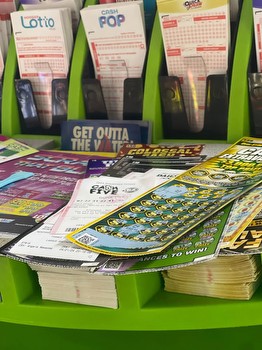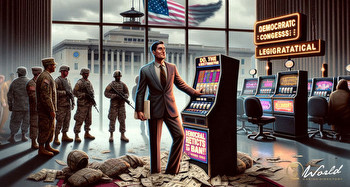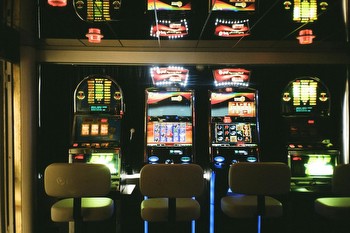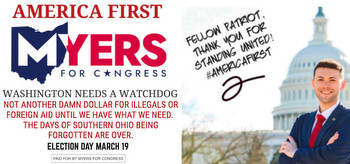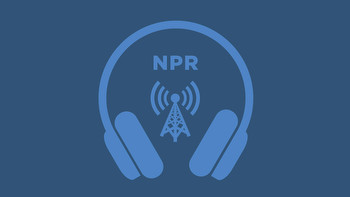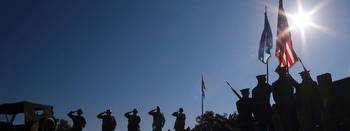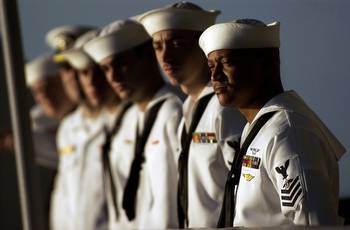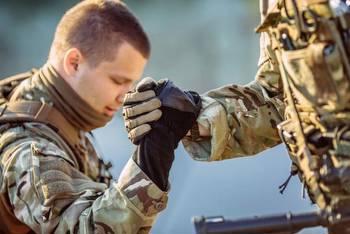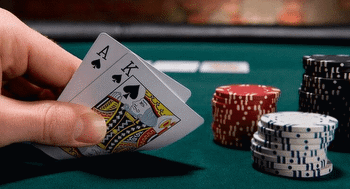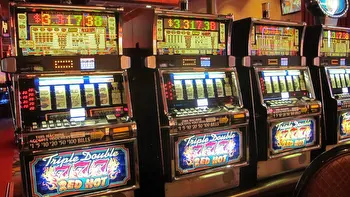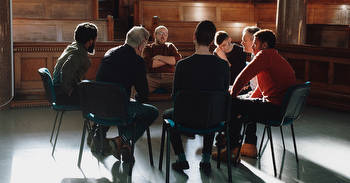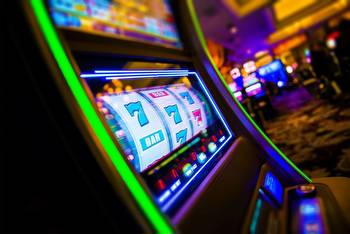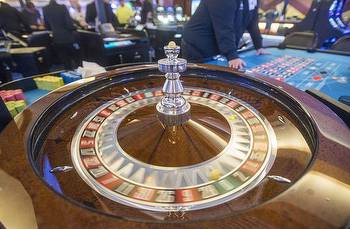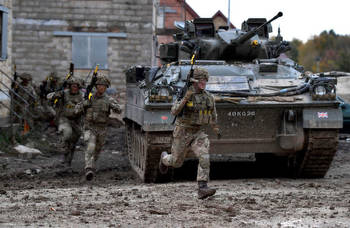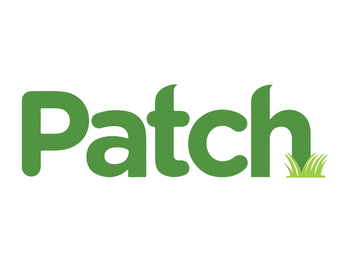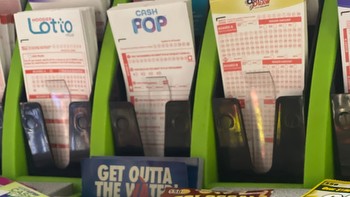Ban on Base Slot Machines Among Proposals Floated for Annual Must-Pass Defense Bill
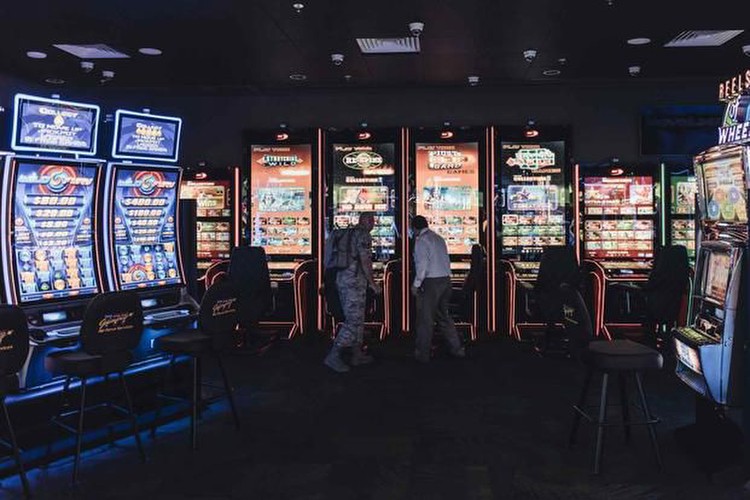
Slot machines on military bases could be banned under an amendment a congressman wants to add to the House's annual must-pass defense policy bill.
Rep. Paul Tonko, D-N.Y., has filed an amendment to the National Defense Authorization Act, or NDAA, that would prohibit the military from operating slot machines on bases. The Pentagon has said slots help fund other recreational activities, but advocates worry they contribute to gambling addiction.
Tonko's amendment is one of more than 1,300 proposed amendments that lawmakers have filed so far in hopes of getting a vote when the NDAA is debated on the House floor next week. Typically, just a few hundred amendments are granted votes, and it's unclear what proposals the gatekeeper for floor votes, the House Rules Committee, will allow to move forward this year.
"I've been leading the charge in Congress to address the rise in problem gambling, and I'm hopeful my NDAA provision would lessen the risk of our service members developing a gambling addiction," Tonko said in a statement to Military.com. "Our brave servicemen and women sacrifice everything to protect our nation and its freedoms. We must do all we can to support them by confronting problem gambling head on and ensuring this known addictive product is treated with the seriousness and precaution that we do with other addictions."
Slot machines on military bases within the U.S. have been banned since 1951. The Army and Air Force started removing them from overseas bases in the 1970s as well, but they were brought back less than a decade later with the intention of keeping service members from getting into trouble off base.
As of 2017, the military operated more than 3,000 slot machines on overseas bases in 12 countries, with the majority in Japan, South Korea and Germany, according to a Government Accountability Office report from that year. Most are managed by the Army, including those on Navy and Marine Corps bases, and are generally inside other recreational areas such as bowling alleys and officers' and enlisted personnel clubs.
The slot machines bring in annual revenue of more than $100 million on average, according to the GAO report. The money is a "major component" of funding for other recreational activities on military bases such as golf courses and youth centers, the Pentagon said in a 2001 report.
The 2001 report also concluded that slot machines do not have a negative effect on troop morale or finances, though it allowed that "there have been isolated incidents where slot machine use has had a negative impact on specific individuals."
But concerns have continued to be raised about gambling addiction in the military and on-base slot machines' connection to the problem.
A 2021 study by researchers at Rutgers University found that active-duty service members and veterans were more than twice as likely to show signs of problem gambling than the civilian population. The National Council on Problem Gambling, a nonprofit that advocates for help for problem gamblers, estimates that about 56,000 service members meet the criteria for the medical diagnosis of gambling disorder.
After the 2017 GAO report found that the military does not systematically track gambling addiction among service members, Congress used the next year's NDAA to mandate that questions on gambling disorder be added to annual health screenings for service members.
In a 2022 report to Congress on implementation of the screening questions, the department said 0.06% of active-duty service members and 0.13% of reservists screened positive for gambling disorder in the annual health assessments, and 1.6% of active-duty troops and 1.7% of reservists screened positive in a periodic health behavior survey.
"The Diagnostic and Statistical Manual of Mental Disorders (DSM-5) classifies gambling disorder in the same category as heroin, tobacco and alcohol but, despite this classification, it is not treated as such, and those struggling with gambling addiction have precious few resources available to them," Tonko said in his statement. "Worryingly, studies show that military members are more likely to develop gambling disorder."
Tonko has previously sought to address gambling addiction more generally by introducing a bill to ban online and electronic advertising of sports gambling and has said he plans to introduce comprehensive legislation that would place strict regulations on online sports betting companies.








